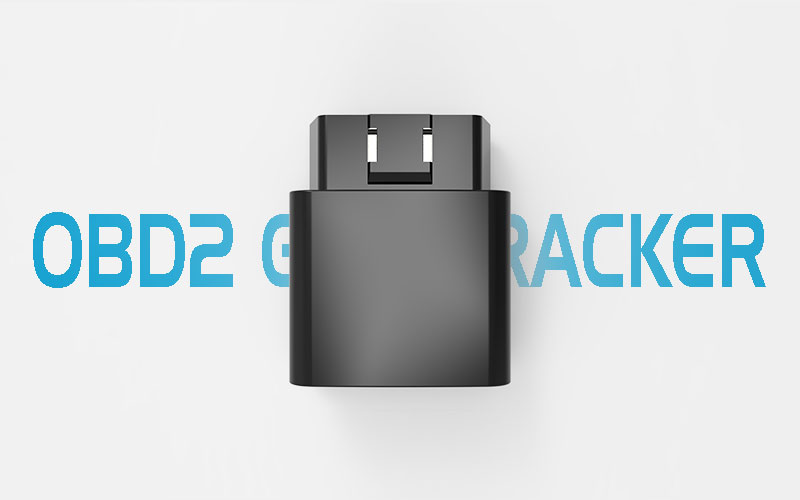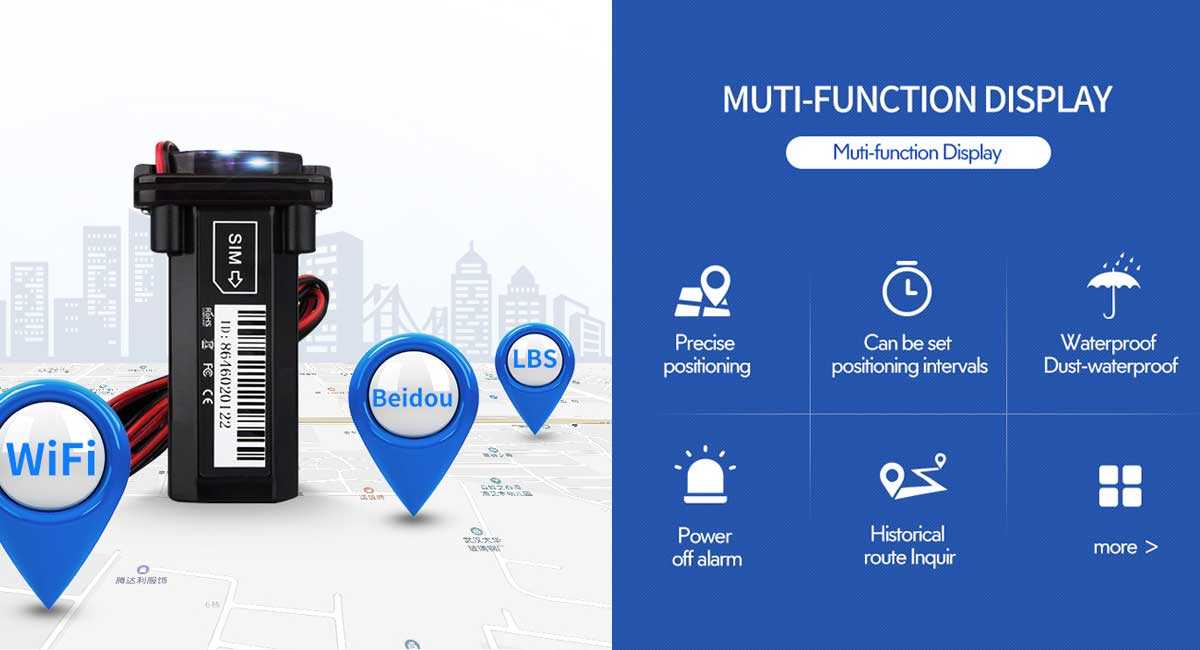How OBD GPS Trackers Can Help Improve Vehicle Safety?
2023-03-01 Click:736
There are numerous variables that can affect both the safety of drivers and passengers in vehicles. The role that GPS monitoring technology can play in recognizing and preventing potential problems on the road is an important part of safety that is frequently disregarded.
The OBD-II port, a common diagnostic port present in the majority of automobiles produced after 1996, is where an OBD GPS tracker is intended to be connected to a vehicle. This kind of tracker gathers data from the on-board diagnostics (OBD) system of the car, which contains details on engine performance, fuel usage, and other important parameters. OBD GPS trackers can be simply installed and removed without expert installation because the OBD port is inside the car's cabin.
A wired vehicle tracker, on the other hand, is typically installed by a professional technician and requires a more complex wiring setup. This type of tracker is connected directly to the vehicle's battery and collects data on location, speed, and other metrics using GPS technology. Because it is hardwired to the vehicle, a wired vehicle tracker can provide more accurate and detailed information on vehicle performance and can also support additional features such as ignition lockout or remote engine shutdown.
Another key difference between these two types of trackers is the type of data they collect. While an OBD GPS tracker is primarily focused on collecting vehicle performance data, a wired vehicle tracker is designed to provide more detailed information on location and movement. This makes it an ideal choice for businesses that need to monitor the location and usage of their vehicles, such as fleet management companies or rental car agencies.
OBD GPS trackers offer real-time information on vital parameters like speed, acceleration, and braking, making them a wonderful tool for enhancing car safety. Fleet managers can use this information to spot possible safety hazards like speeding or aggressive driving and take precautions to avoid accidents before they happen.
For example, fleet managers can set up alerts to notify them when drivers exceed a certain speed limit, or when they brake suddenly or accelerate too quickly. This information can be used to identify areas where drivers may need additional training or coaching, and to make necessary adjustments to routes or schedules to reduce the risk of accidents.
In addition, OBD GPS trackers can also be used to monitor vehicle maintenance needs, ensuring that vehicles are in good condition and reducing the risk of breakdowns or other issues on the road. With regular maintenance and inspections, fleet managers can identify potential safety hazards such as worn tires or faulty brakes, and take steps to address them before they become a problem.
Overall, purchasing OBD GPS trackers is a great approach to increase car security and lower the chance of traffic collisions. These devices can assist fleet managers in identifying and preventing possible safety concerns before they become a problem by supplying real-time data on important indicators and enabling proactive monitoring of driver behavior and vehicle performance. Businesses can protect their drivers, passengers, and assets while simultaneously cutting costs and increasing overall efficiency with the correct tools and tactics in place.









